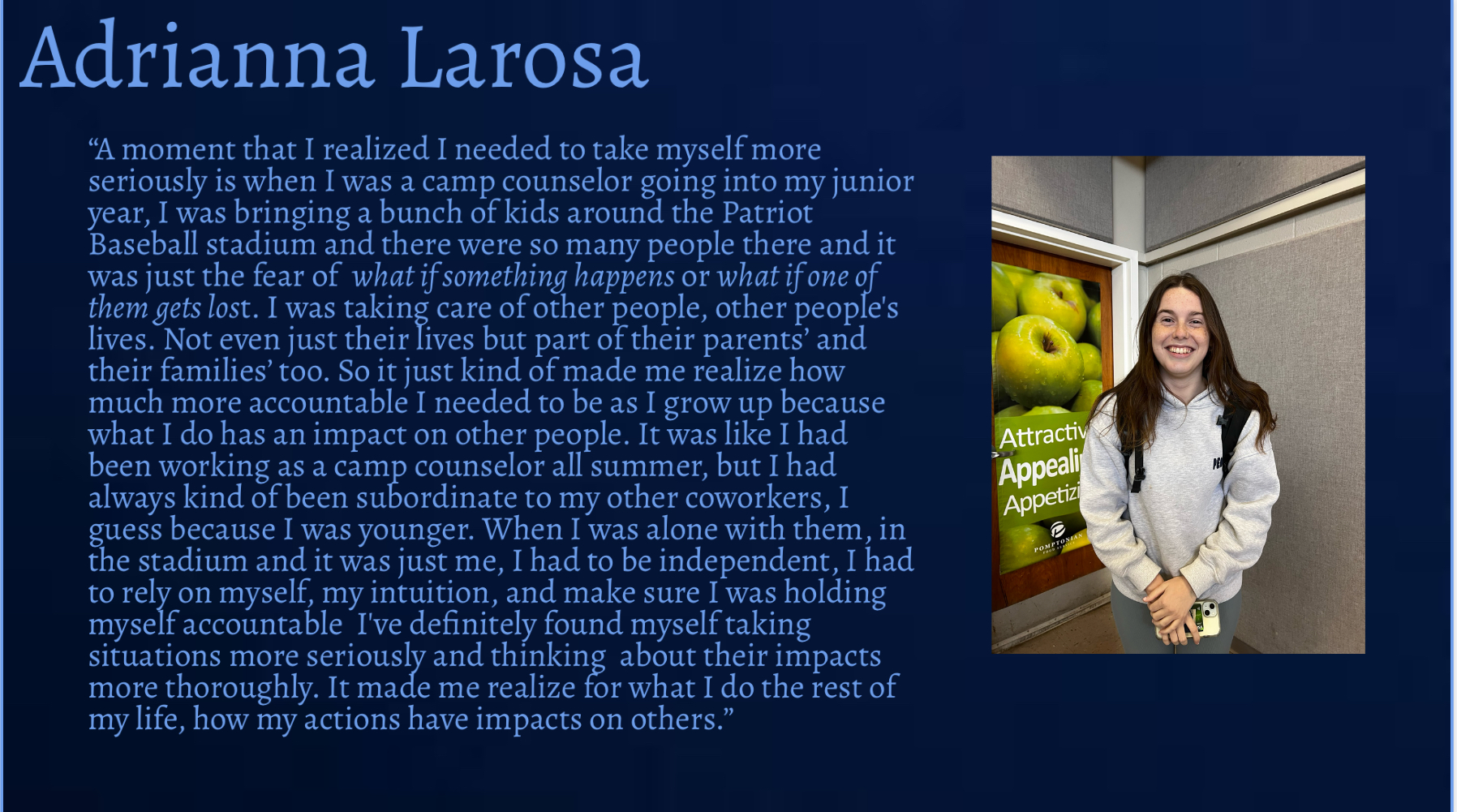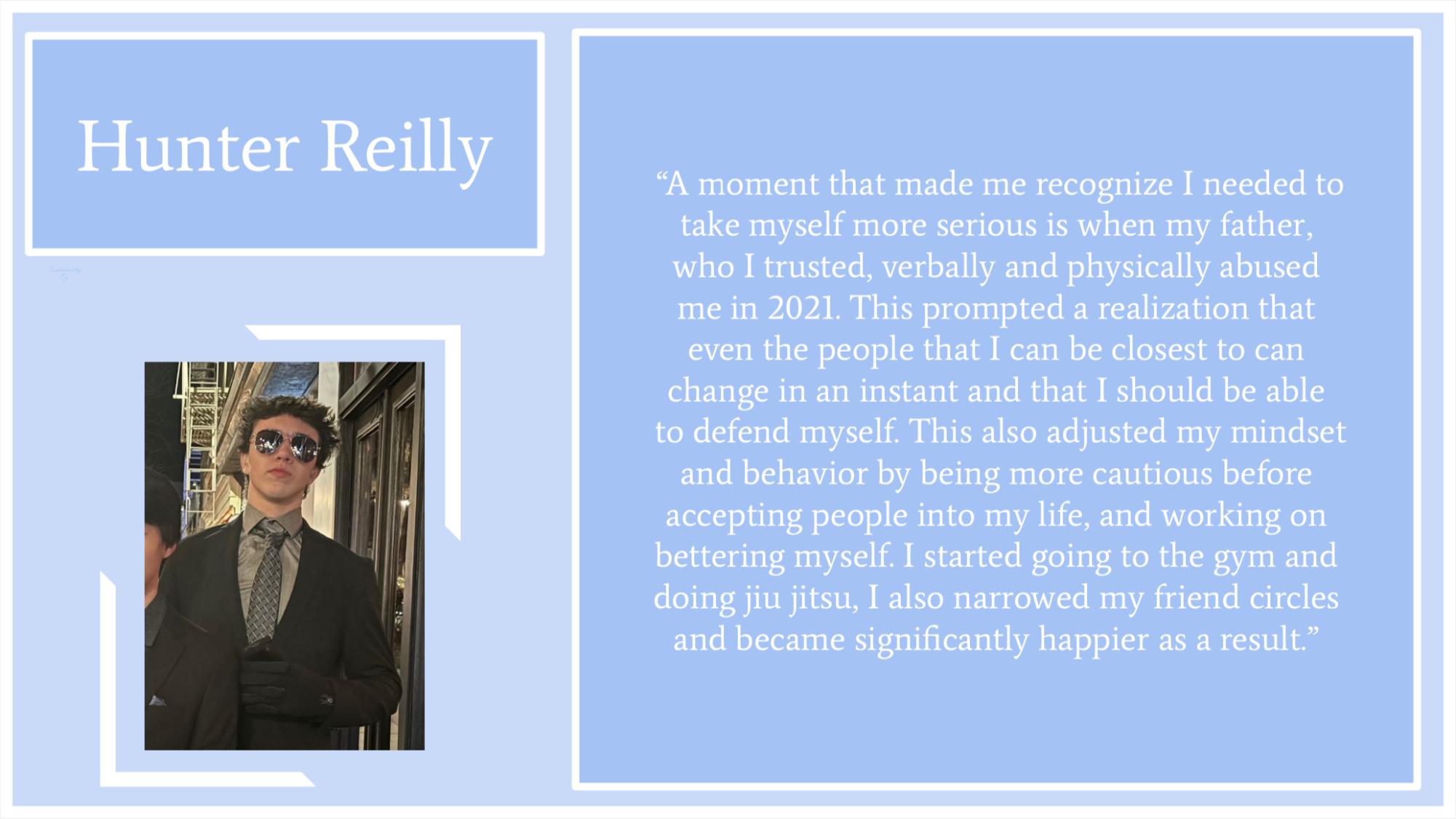The Beat (Up) Generation
June 10, 2014
There has never been a generation of people more criticized, derided, or lambasted quite like the Millennials. This generation of 76 million people is widely condemned for both its hubris and its self-indulgence. Born between the years 1982 and 2004, the Millennial generation is often labeled as narcissistic, impatient, opinionated, whiney, needy, and downright lazy by the Baby Boomers (born between 1946 and 1964) and the Gen-Xers (born between 1965 and 1979). This criticism occurs (and is getting louder) because, for the first time, all three groups are meeting in the workplace. So far, it has been anything but congenial.
Newly published studies of high school students and college freshmen only affirm what the Baby Boomers and Gen-Xers claim. A recent study reported in the Journal of Personality and Social Psychology analyzed 9 million high school seniors and college freshmen. The results found that Millennials are more materialistic, more politically disengaged, and less inclined to donate money to organizations than both the Baby Boomers and Gen-Xers. Another study conducted by Jean Twenge, a professor of psychology at San Diego State University, famously concluded that Millennials tend to be especially self-absorbed and that they believe themselves to be above average while utilizing more “I”s and “me”s in their writing. A third study criticized Milennials’ behavior in the business environment as lacking professionalism, innovation, creativity, critical thinking, and problem solving skills. These deficits leave HR managers puzzled as to how to manage their Millennial employees.
However, upon further inspection, the Millennials may be falsely reproached for their behaviors and actions. Jeff Avallon, the Vice President of Business Development at IdeaPaint, a workspace technology firm in Boston, contends that the highly criticized generation is “no more spoiled or cantankerous than any other generation.” In fact, he argues that the Millennials are only “solving basic needs for community and communication differently from anyone before them.” Avallon is not alone. Many other business leaders agree that the behavior of Millennials is as a result of the world they live in. The twenty-first century economy demands constant innovation and quick reaction; there is no longer time to respond to traditional hierarchical organization or supervision by the iron-fist-model. Millenials are not trying to start a mutiny by circumventing traditional hierarchy, they are simply trying to search for the quickest, most efficient route to a solution.
Much of the animosity between Millennials and Baby Boomers stems from the fact that they have drastically antithetical perspectives on work and life. Unlike the Baby Boomers who work during the day and leave it all behind as soon as they enter the house, the work day and home life of the Millenial is merged together with no lines to distinguish between them. Boomers equate working hard with time and hours spent on the job, as well as physical work. Typical Boomers show up at the office, sit in their desks, and get work done. The typical Millennial’s actions are starkly different. To get work done, a Millennial may sit down in a Starbucks and work on a laptop. The paragon of an ideal Millennial office environment, with more emphasis on collaboration and less emphasis on old-school work rules, is Google, where the policy allows employees one day a week to work on personal projects. This “structured freedom” is what Millennials thrive on and what Boomers are profoundly confused by. Ultimately, the Millennials behaviors, values, and attitudes are a response to the ever-changing societal and generational forces of the technological and economic ramifications of the Internet.
Just as Millenials have already impacted the workplace, it seems their influence goes beyond the workplace. As the byproduct of a changing social environment, they tend to cultivate openness to change among themselves. Millennials are undoubtedly more technologically savvy than their preceding generations, making them more socially connected and quick thinking. The powerful effects of social and technological change have caused Millennials to adopt actions and beliefs unthinkable by the Boomers and Gen-Xers. People have already acknowledged the positives of Millennials regarding their beliefs in gender equality and gay and lesbian rights. Milennials just may end up redefining how we work, play, and live in the near future.
























